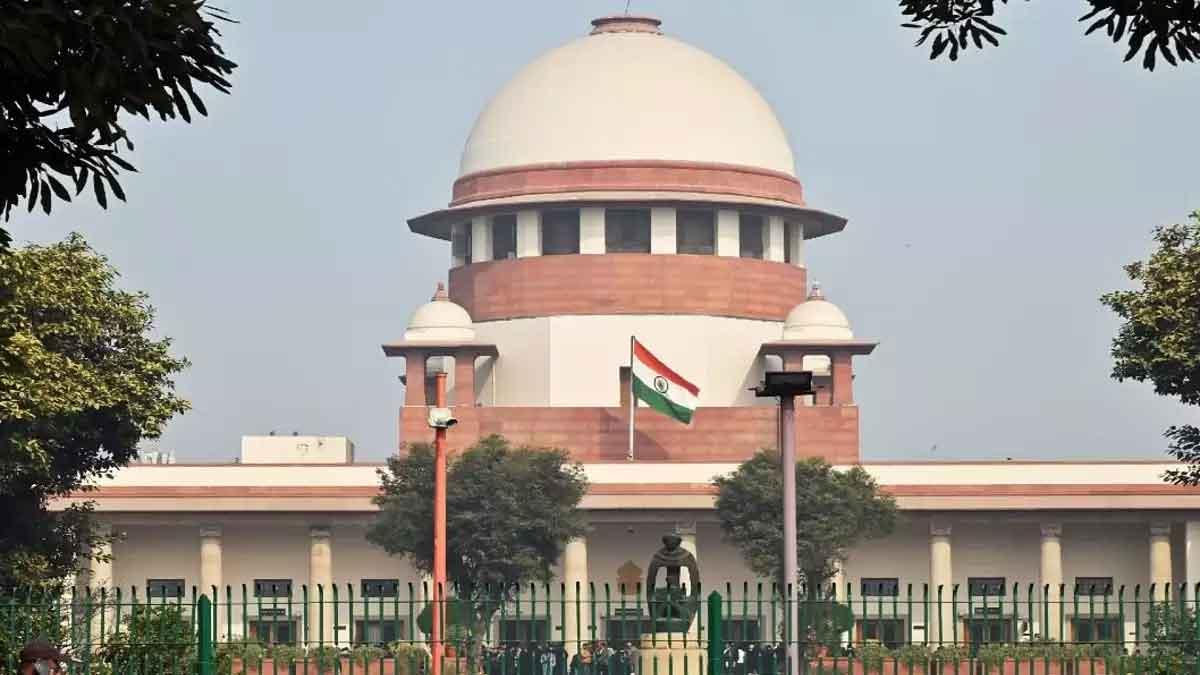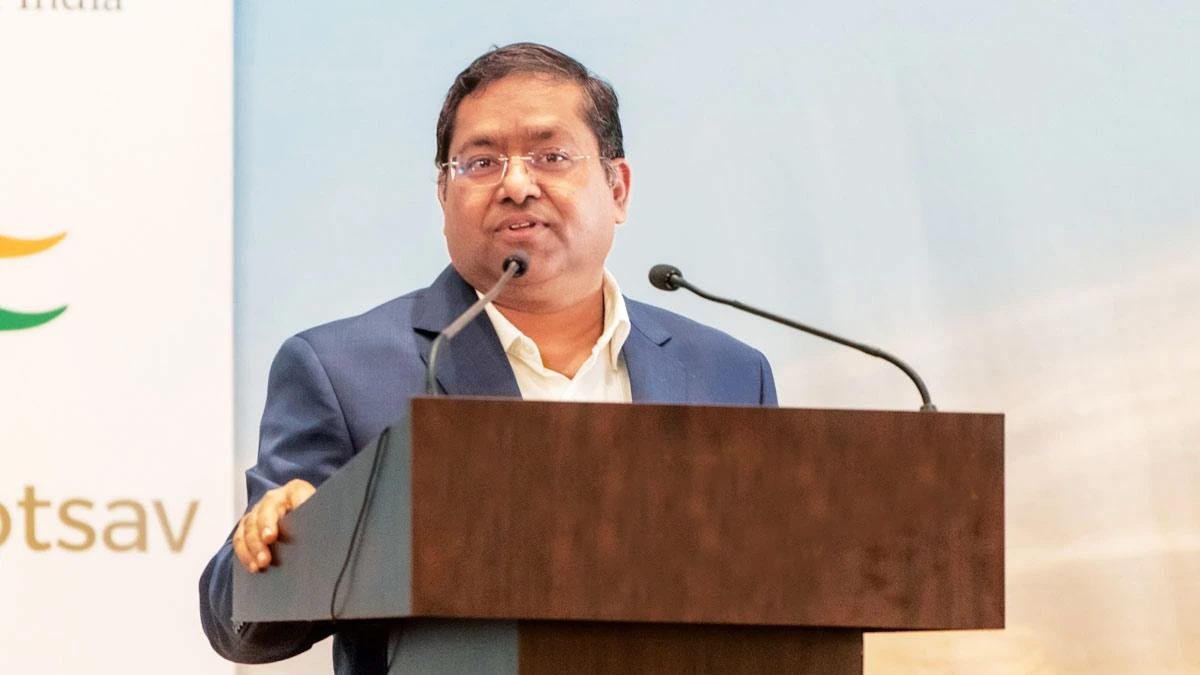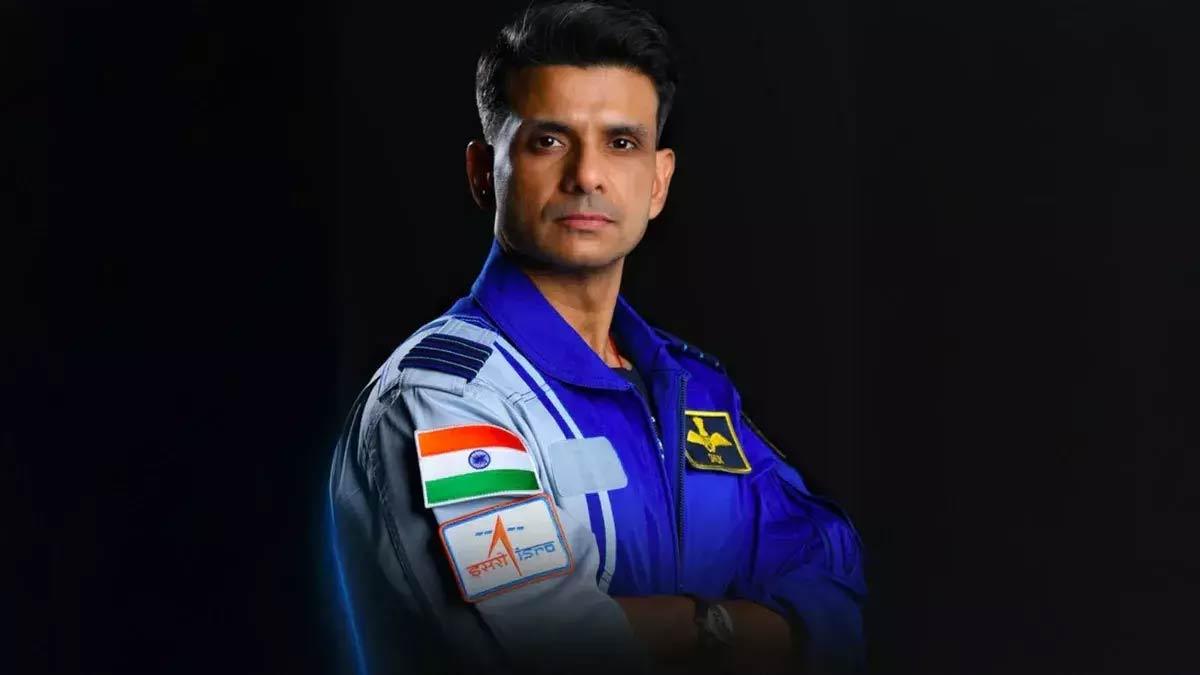The Supreme Court, on Friday, said that it did not quash the disputed NEET-UG 2024 exam even after allegations of paper leak emerged because there was no evidence of large-scale breach.
Elaborating on its July 23 order, a bench headed by Chief Justice D Y Chandrachud and Justices J B Pardiwala and Manoj Misra said that NTA should not adopt its inconsistent practices of this year as they tend to deplete student interests .
"We did not cancel the NEET-UG examination because there was no systemic break of examination's integrity beyond Hazaribagh and Patna," the bench explained.
The court passed several directions and enlarged the terms of reference for the committee constituted by the Centre and headed by the former chief of ISRO, K Radhakrishnan, for reviewing the operations of the NTA and suggesting examination reforms.
The Supreme Court on Friday said that since the remit of the committee had been widened, it should come up with its report by September 30 recommending various measures to rectify deficiencies in the examination system. The bench further directed the Radhakrishnan committee to consider setting up of standard operating procedures for integrating technological advances for betterment of examination system.
It said problems that cropped up in the NEET-UG examination conducted recently be addressed by the Centre.
It had quashed petitions seeking the exam's cancellation and re-test on July 23 on the ground that there was no proof of any "systemic breach" in the examination.
The interim verdict was a relief for the embattled NDA government and the NTA, who were facing intense criticism and protests over alleged large-scale malpractices, including question paper leaks, fraud, and impersonation in the prestigious test held on May 5.
More than 23 lakh students appeared in the National Eligibility-cum-Entrance Test-Undergraduate (NEET-UG) 2024 held this year for admission to MBBS, BDS, AYUSH, and other courses associated therewith.
The material on record "does not disclose a systemic leak of the question paper that would suggest a disruption of the examination's sanctity", the court said.
The court realised that ordering a re-test would seriously affect more than 24 lakh students who appeared for the test, with consequences such as delaying their admission process with its cascading effects on the medical education timeline and reducing the number of qualified medical professionals in the long term, and causing a disadvantage to backwards which are gaining advantages of reservation policies.
The bench said there was no reason to scrub the entire exam in view of "settled principles propounded by this court and the material on record."
To scrub an exam, the wrongdoings have to be widespread and systemic, which must breach the entire integrity of the test, the court noted.
The bench rejected the argument of petitioners' lawyers that the leak was systemic and was coupled with structural deficiencies, leaving no option for the court but to order a re-test.
The leakage of the question paper in Hazaribagh and Patna was accepted by the court as "not in dispute" based on the status report from an investigation by the Central Bureau of Investigation that indicated, "155 students of the examination centres at Hazaribagh and Patna appeared to be the beneficiaries of the fraud."
Read also | Heavy Rain Hits Delhi-NCR: 10 Flights Diverted and IMD Issues 24-Hour Red Alert


















